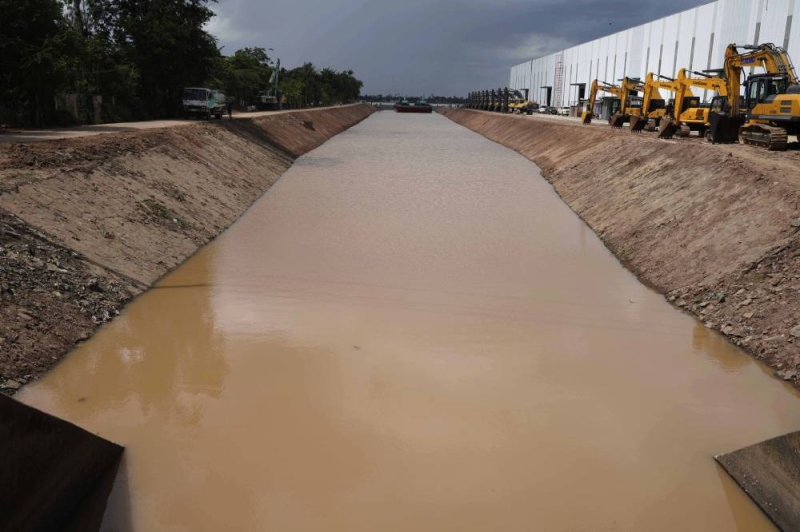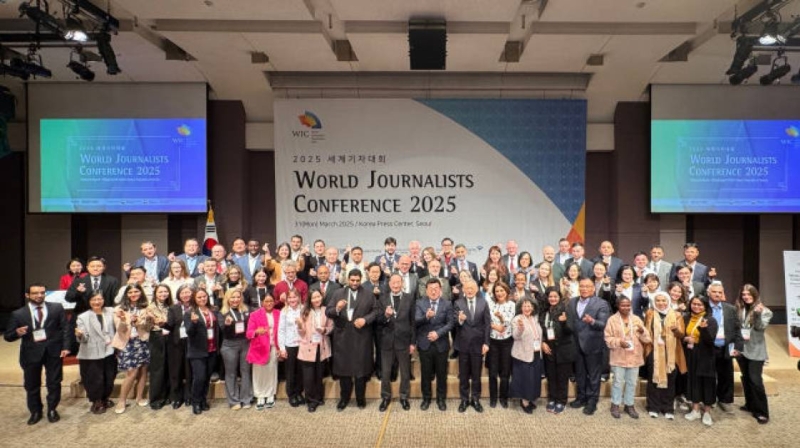TOPICS : Impact of the tsunami on women
TOPICS : Impact of the tsunami on women
Published: 12:00 am Jan 26, 2005
Swanee Hunt and Don Steinberg:
Alarmed at the near total absence of women’s voices in the post-tsunami recovery and reconstruction now taking place in Sri Lanka, a group of women’s associations has quickly formed there. Led by Visaka Dharmadasa, founder of the Association of War Affected Women, they have established the Tsunami Women’s Fund and demanded a seat at the table at meetings on policy for rebuilding their country.
Dharmadasa knows the meaning of loss. Her voice softens as she describes her son, who is among the thousands of missing in the civil war that wracked her country even before nature’s latest onslaught. Over the years she has developed her organising skills. Now she’s using those skills to help tsunami victims.
Sri Lanka and other affected countries would be wise to heed her call. We must consider both the differential impact of the tsunami on women and the key role that women can play in the distribution of assistance and the reconstruction effort. Ironically, the international community is never so flush with resources as during an emergency of this magnitude. The $4 billion pledged by foreign donors and international agencies provides an opportunity to empower women as planners, implementers, and beneficiaries. After all, they have their fingers on the pulse of the community as well as the access to devastated families.
Women and children have suffered grievously from the tsunami, and they may have the most to endure in the aftermath. In cases of displacement, women have more difficulties than men regaining identification papers needed to receive food, health, education, and other social services. By law or by social custom in many developing countries, women are discriminated against when it comes to owning and managing property. That complicates their access to reconstruction assistance. Displaced women are also particularly vulnerable to sexual violence and human trafficking. On top of all these obstacles, when emergency care is the priority, reproductive health is relegated to second place, which can lead to skyrocketing infant and maternal mortality rates.
But women are much more than victims — they’re key to recovery and reconstruction. Comprehensive aid programmes need to involve women in planning, because women’s organisations throughout South Asia have unique capabilities to provide skills training related to health, education, and income generation, and for trauma counseling. Women are often better able to work across ethnic and political lines. Their empowerment in times of crisis increases their status as leaders, so that they can create stable communities. It’s a vital component of a successful global response to the tsunami tragedy.
The World Food Program recognises women’s unique role in crisis efforts. To ensure that aid strengthens families, the WFP has a longstanding goal of distributing 80 per cent of relief to women and 50 per cent of educational resources to girls. Similarly, the international
community has broadly endorsed the UN Guiding Principles on Internal Displacement, which commit host governments and international donors to emphasise the needs of women, including reproductive healthcare, counseling for victims of sexual abuse, and girls’ education. — The Christian Science Monitor





